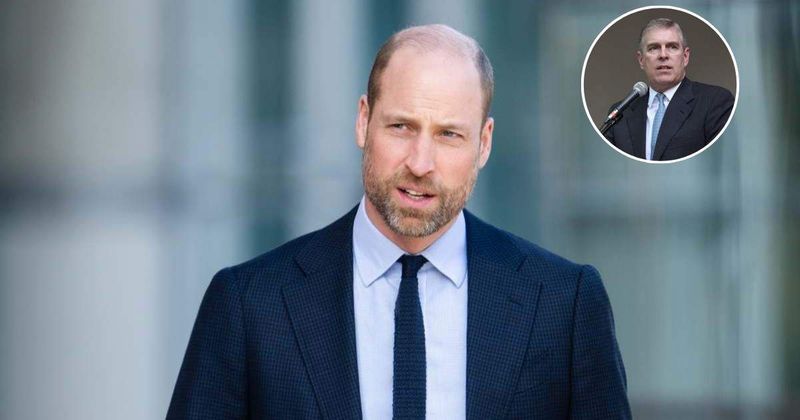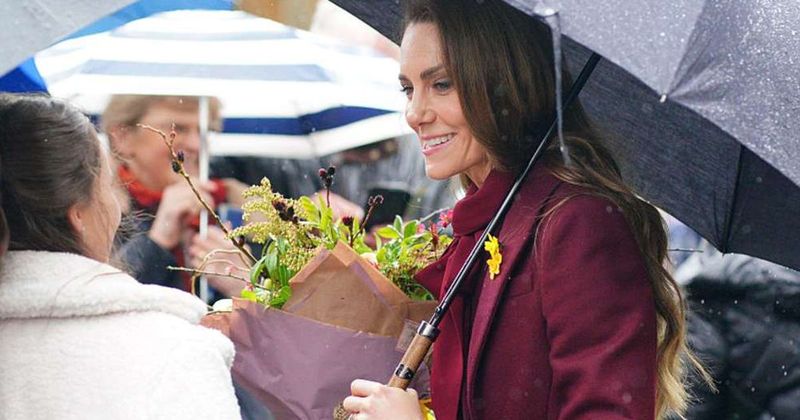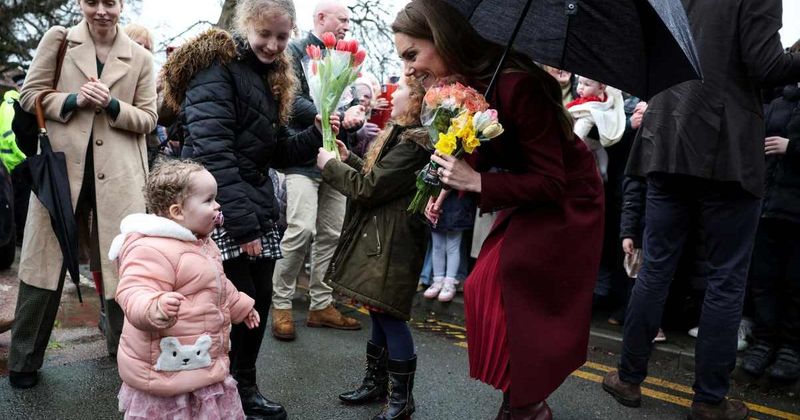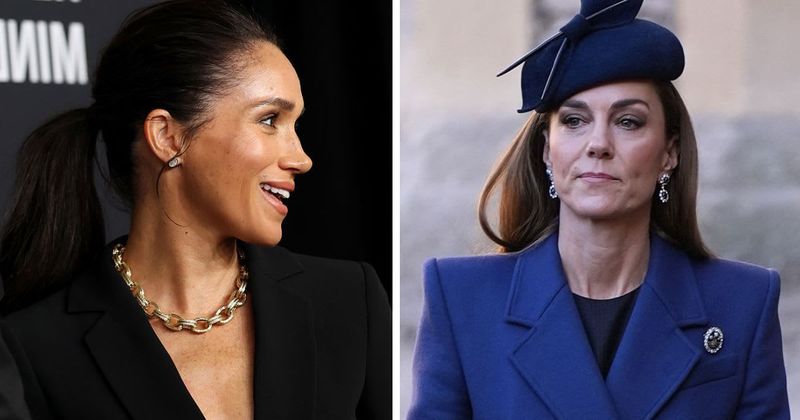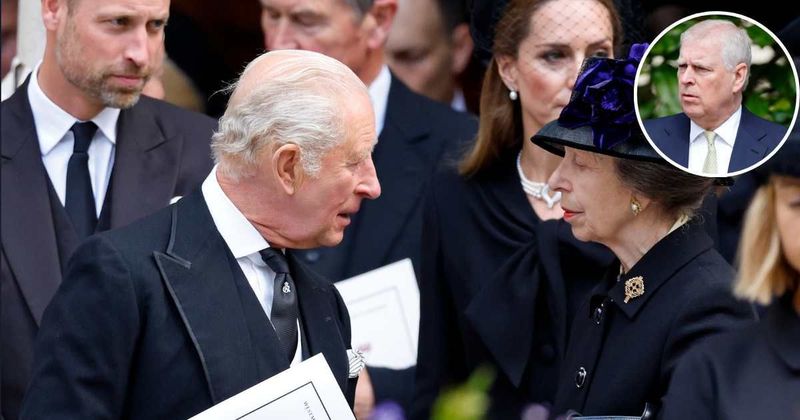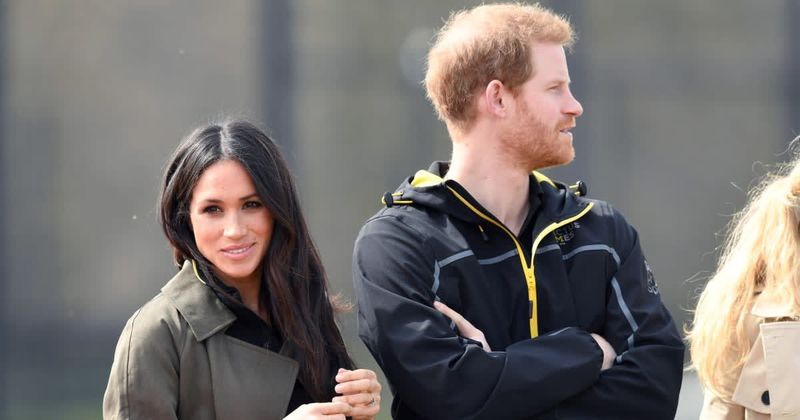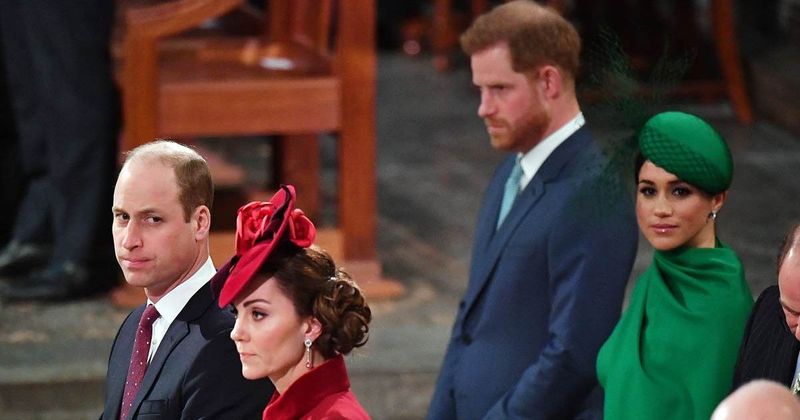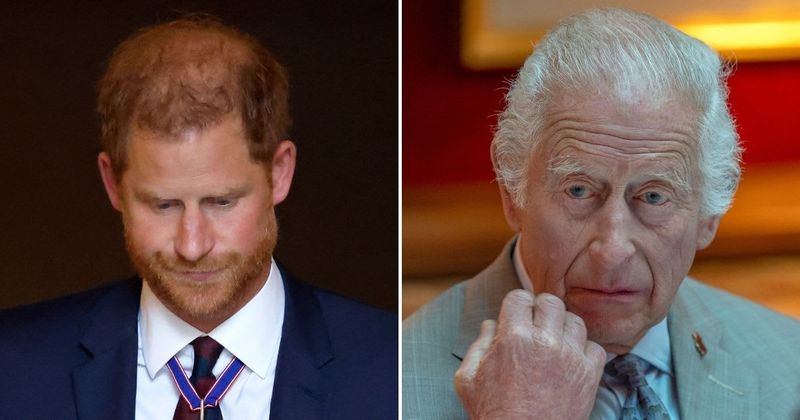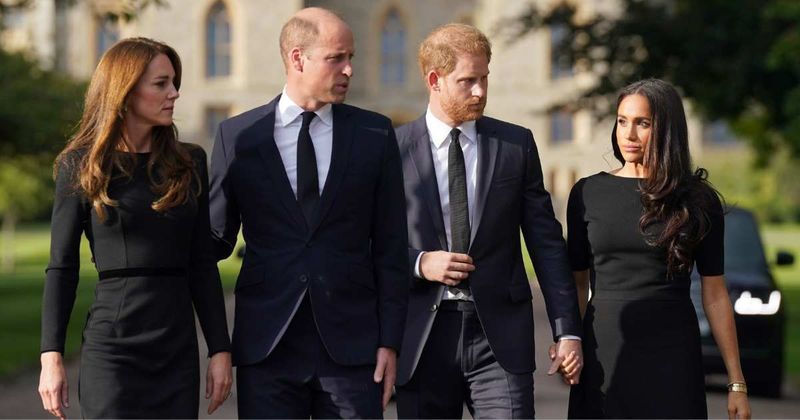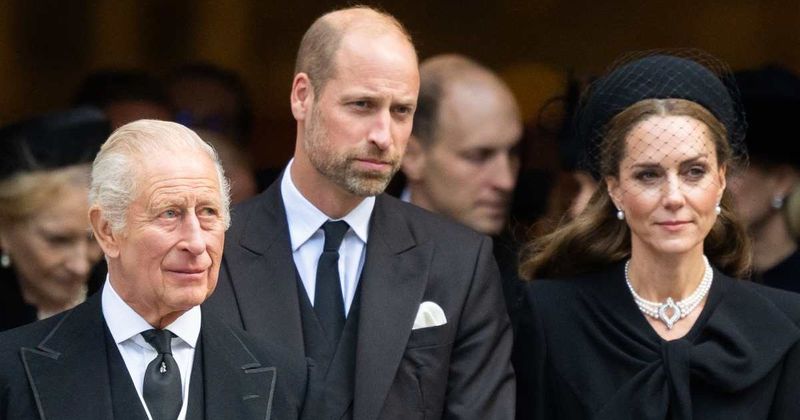Prince William Reportedly ‘Aware’ of His Father’s Mistakes and Determined to Be a Different King
Author Valentine Low says the Prince of Wales is charting his own course, not meddling in politics, unlike his father.
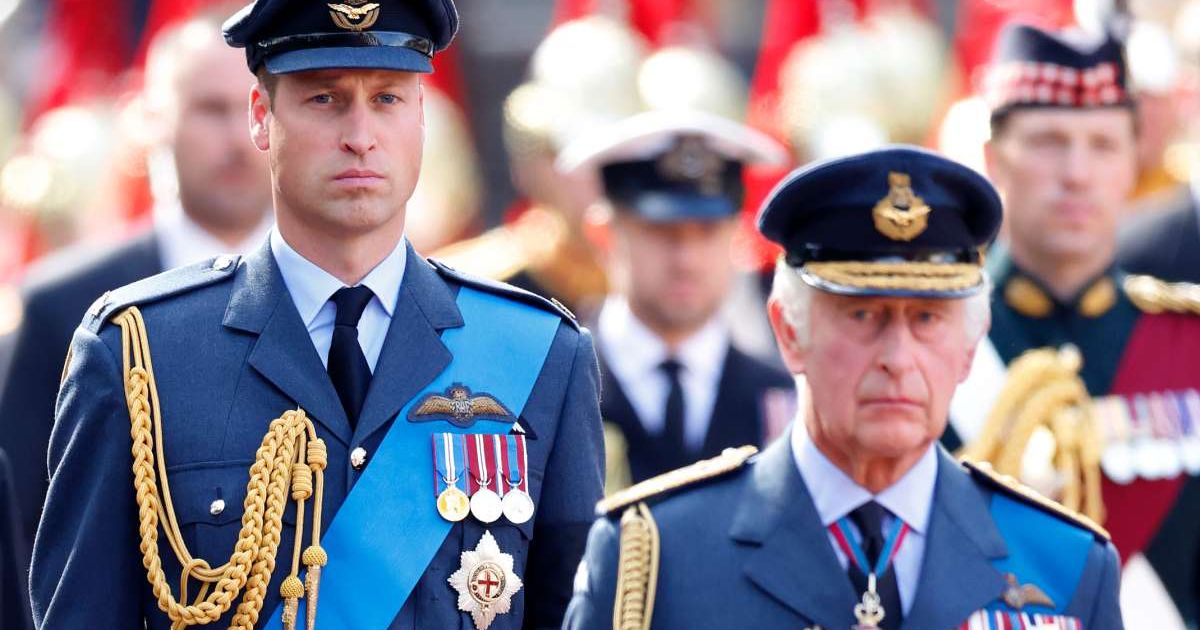
Prince William seems intent on avoiding the pitfalls that once ensnared his father. While King Charles, as Prince of Wales, often found himself in the middle of controversy, William has taken a far more cautious route, rewriting several royal rules. Royal author Valentine Low, in his new book, Power and Palace, argues this is no accident, as the heir apparent has studied his father’s missteps closely and is determined not to repeat them. He intends to take a deliberate break from Charles’s more confrontational style when he was the Prince of Wales.
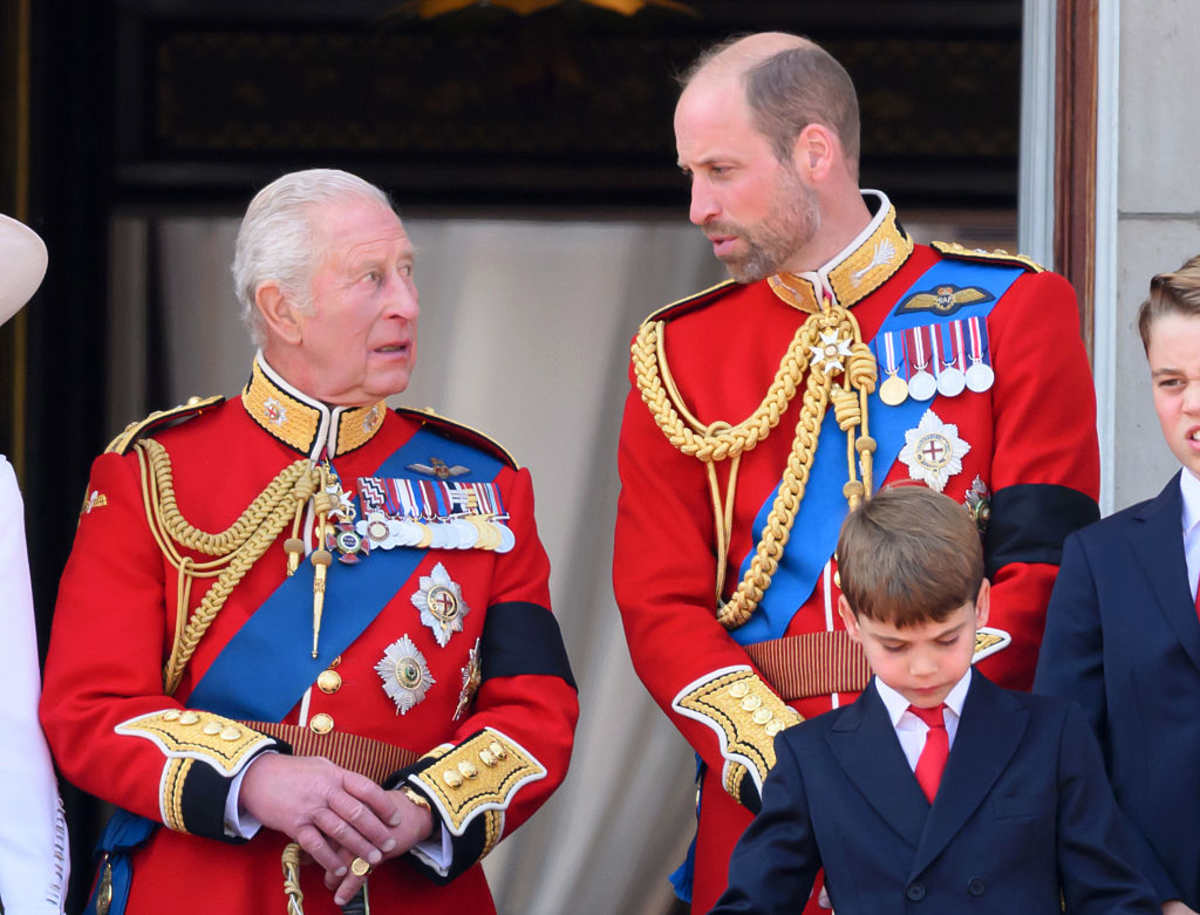
Charles, as heir, often tested the boundaries of what a royal could, or should, say in public. A striking example was when he chose to write about genetically modified food in the Daily Mail, a move that landed him in direct conflict with Tony Blair’s government, explains Low. Charles's legacy, hence, is of one who often blurred the boundaries, but William has so far been careful, treading them with caution. “William is very different from his father, and I think essentially, he is very aware of what he regards as mistakes his father has made, and he’s not going to repeat them,” Low said. “And you can see that in the way that when William launched his homelessness initiative, he went out of his way to clear it with ministers beforehand, to make sure that he wasn’t treading on any political toes.”
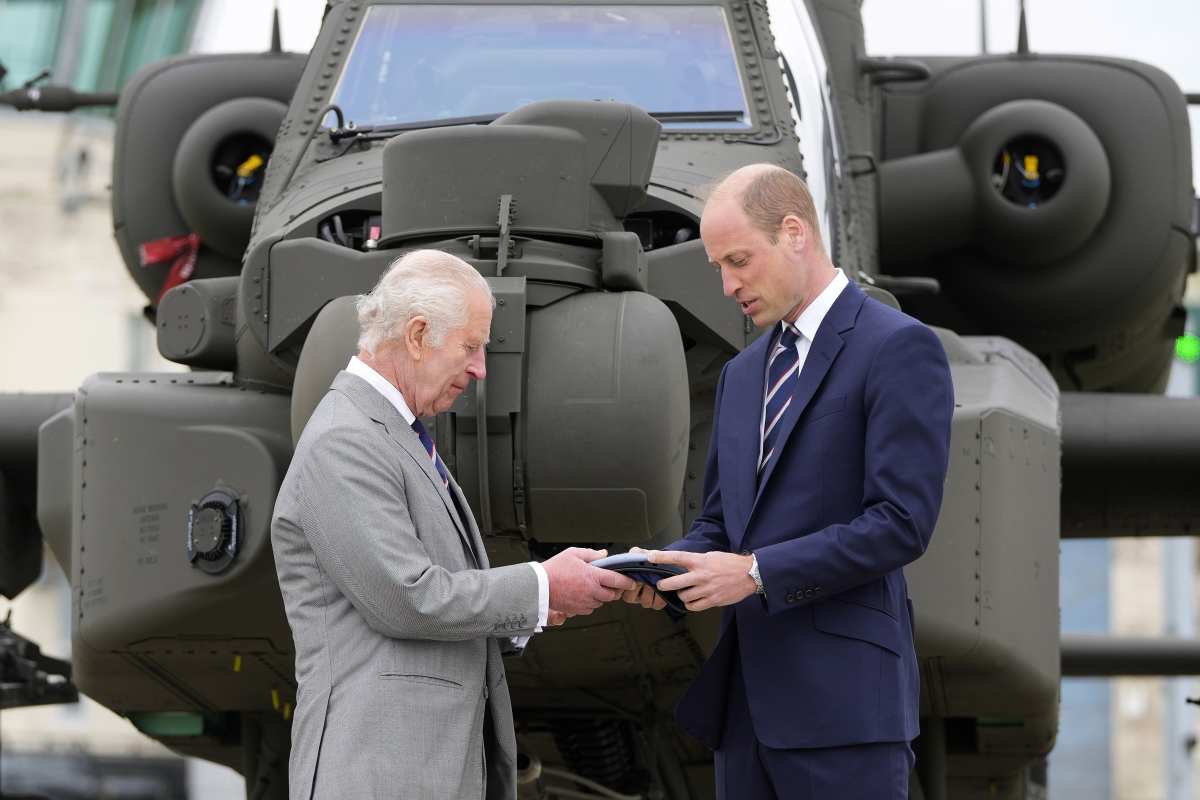
This cautious style suggests a deliberate recalibration. Where Charles once pressed his views with ministers, sometimes to the point of controversy, William seems intent on avoiding even the perception of meddling. “You say it’s so easy to say things as the Prince of Wales. And Charles always used to say he knew the difference between Prince of Wales and being King,” Low explained. “But when I was writing the book, basically, it actually dawned on me that no one spells out or defines in this context the difference between Prince and King. And I think Charles has tried to make it up as he went along.”
This tendency to ‘make it up’ meant that Charles frequently pushed against constitutional limits, sometimes to the irritation of ministers. Low said, “He wanted to see what he could get away with, and he used to really annoy ministers. I mean, there was a time when he really annoyed Ken Clarke.”
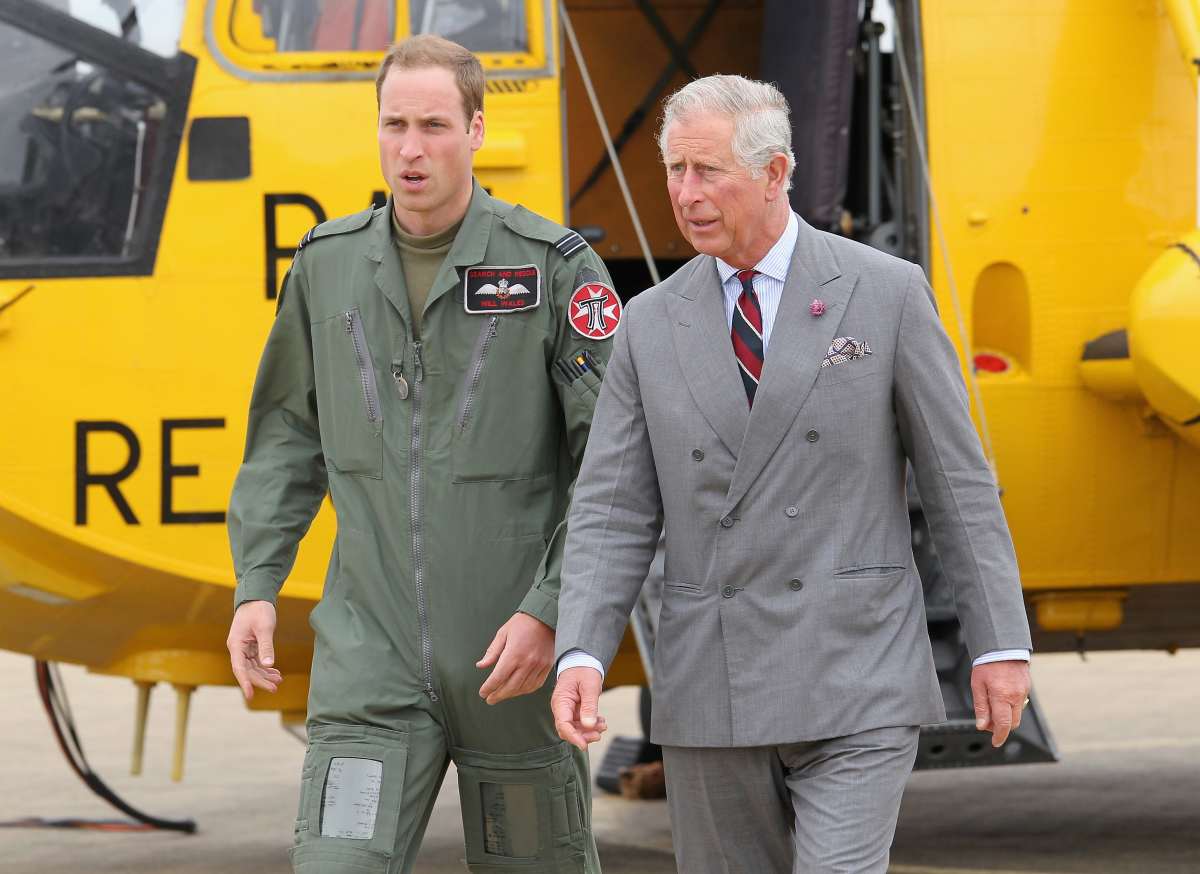
The fallout was telling. Rather than publicly confront the heir to the throne, the Blair government acted behind the scenes to rein him in. “The interesting thing is, Blair did not try to take him on publicly about this,” Low noted. “But behind the scenes, they got Peter Mandelson to call because he had a relationship with Charles, and they got Peter Mandelson to call Charles and say, essentially, back off, mate. And I think that’s constitutionally really important because it shows the Government defining the lines which a Prince should not cross.”

